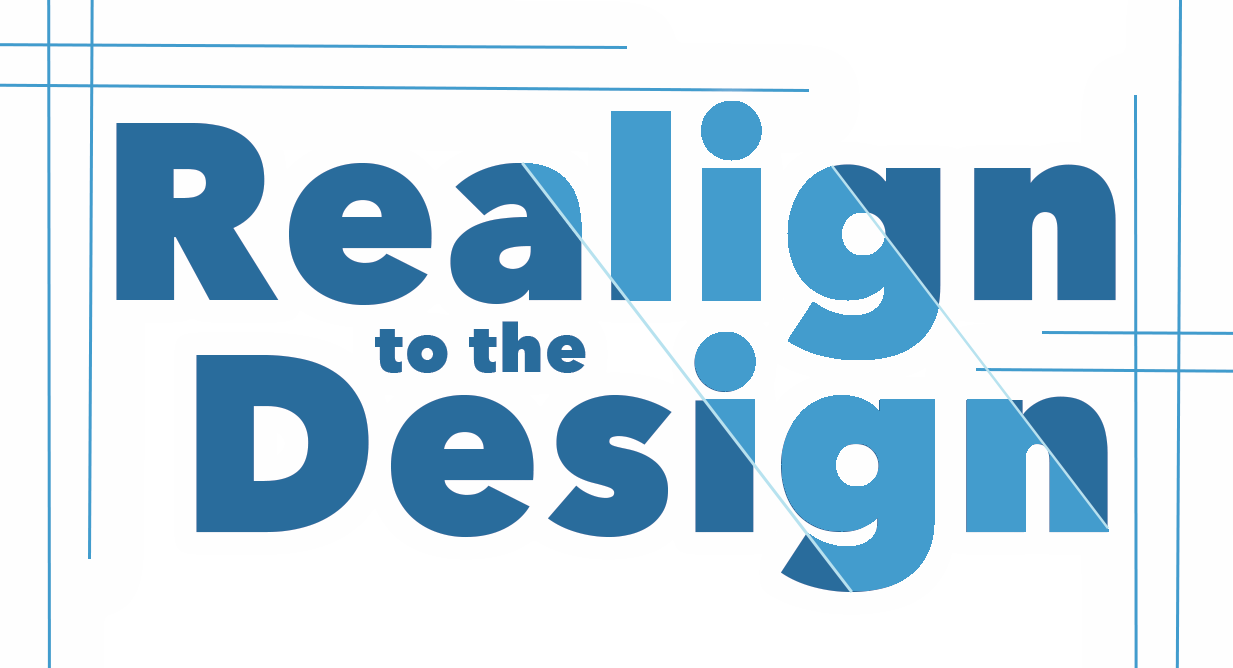I've just posted a number of resources focused around healthy eating. Here is a quick look at them all:
1. Calorie Density by nutrition label and by food group. This is a very practical look at how to get the best combination of calories (we need those for energy) and nutrients (we need those to build and maintain our cells). This is especially helpful if you are prone to getting too many calories and want to reduce calories but not nutrient level.
2. Food labels are important... the advertising hype seldom is. This is a quick look at how food companies try to influence us to buy their product and how to see past their efforts. And sticking with food companies (there are only about eleven of them that are responsible for all the thousands of different processed food products) this is a look at addictive food, how the companies know what they are doing and why we need to be informed. And sticking with food labels even longer, David Katz shares some very helpful info about sugar in general and "total added sugar" specifically to help us make informed decisions.
3. Sometimes the perception is that the really healthy food is just too expensive. This article gives helpful hints at buying affordable organic food. And this one takes a look at providing healthy food for the food banks and those who rely on that source of food.
4. There is an article on how to use the sense of "feeling full" to our health advantage. And also a look at exercise in the work place - specifically at the work desk - to boost productivity (and health at the same time!).
5. Plus a quick look at a very helpful book: "God, Health and Happiness" by Dr Scott Morris. Easy to read and a though-provoking look at our health care system, the church's role in that system, and a biblical view of whole person health.

